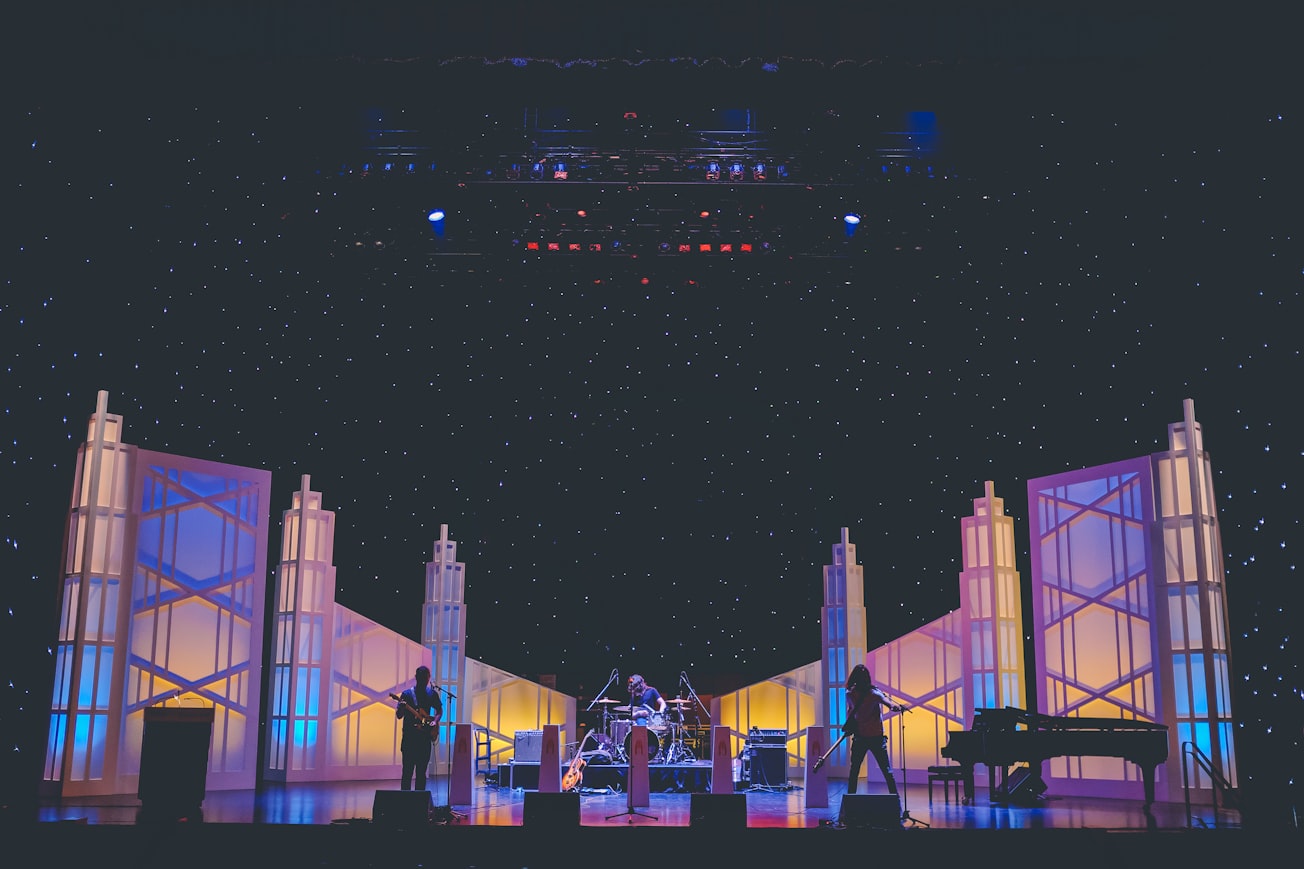What is it about?
In this paper, a robust deep neural network (DNN)-based parameterization framework is proposed to directly solve the optimum design for geometrically nonlinear trusses subject to displacement constraints. The core idea is to integrate DNN into Bayesian optimization (BO) to find the best optimum structural weight. Herein, the design variables of the structure are parameterized by weights and biases of the network with the spatial coordinates of all joints as the training data. A loss function of the network is built based on the predicted cross-sectional areas and deflection constraints obtained by supporting finite element analysis (FEA) and arc-length method. Accordingly, the optimum weight corresponding to the minimum loss function is indicated as soon as the complete training process. And then it is also serving as an objective of the BO for performing the hyperparameter optimization (HPO) to find the best optimum structural weight. Several illustrative numerical examples for geometrically nonlinear space trusses are examined to determine the efficiency and reliability of the proposed approach. The obtained results demonstrate that our framework can overcome the drawbacks of applications of machine learning in computational mechanics.
Featured Image

Photo by Kenny Eliason on Unsplash
Read the Original
This page is a summary of: Optimum design of nonlinear structures via deep neural network-based parameterization framework, European Journal of Mechanics - A/Solids, March 2023, Elsevier,
DOI: 10.1016/j.euromechsol.2022.104869.
You can read the full text:
Contributors
The following have contributed to this page







